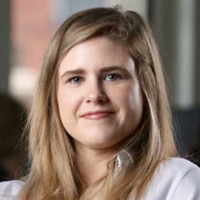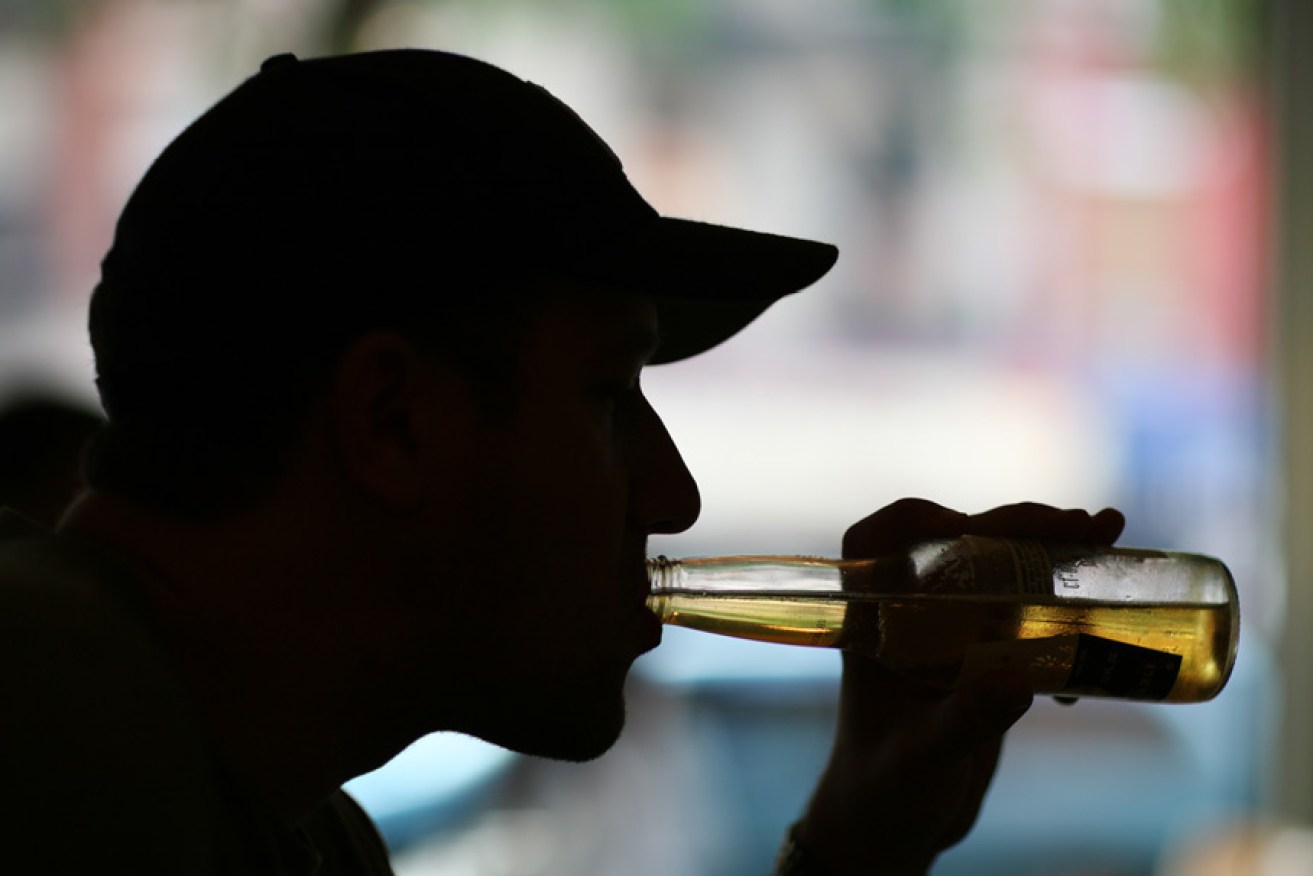Teens and booze: The cost of convenience


The Annual alcohol poll of 2017 commissioned by the Foundation for Alcohol Research and Education found a third of Australians have been affected by alcohol-related violence.
For more than 15 years, Dominic Ennis has worked with children who have engaged in harmful use of drugs and alcohol.
A social worker at the Youth Support Advocacy Service (YSAS), he has witnessed his fair share of troubled situations. Homeless children turning up on the YSAS doorstep, seeking shelter for the night. Children who initially start drinking to fit in with their peers, only to find themselves unable to stop. And meeting the kids at the extreme end of the scale, who, by the age of ten or 12, are full-fledged alcoholics.
“Although it’s not common, we have had the occasional extremely young person come to the service at the age of 12. Most people will, at some point, try to experiment with alcohol, but for a 12-year-old to come into a treatment centre is very rare,” he told The New Daily.
• Is it too easy for teenagers to get their hands on alcohol? Leave a comment at the bottom of the story or vote in our poll
What was so heartbreaking about this person, Mr Ennis said, was that “in some ways, they were so street wise and adult-like in what they expected to do with their life, and in their understanding of how the world worked”.
“Yet in other ways, they were developmentally still just a kid, and had all the same needs as any other young person their age who needed to be looked after and protected”.
Mr Ennis said the availability of alcohol was a significant factor contributing to early drinking, and said that he’d “never had a young person who’d struggled to get alcohol”.
“There is plenty of alcohol around, whether you go through a parent, a friend, an older person or directly through a bottle shop,” he said.
While Mr Ennis has more than anecdotal evidence that youths are drinking more and earlier, there is now scientific data to back it up.
‘Significant relationship’
A new study released by the Deakin University has found young people who live in areas with higher numbers of bottle shops are more likely to drink alcohol.
The study looked at 10,000 Victorian secondary school students between the ages of 12 and 17 and found a “significant relationship” between the density of alcohol outlets and the age at which a person started drinking.
The study also revealed a damaging influence in children as young as 12 years old.
“It’s having a particular effect on children who are between 12 and 14 years old,” said the university’s Professor John Toumbourou. Those in rural areas were particularly vulnerable, something that Mr Ennis could attest to.
“We see a lot of kids from rural areas and the urban fringe here. Where we say ‘urban fringe’, we mean there is perhaps less public transport and in general, less to do during the day. This boredom or disconnection can often drive people to drink at an earlier age,” he said.
Dr Bosco Rowland, post-doctoral fellow at Deakin University and the study’s lead author, said that many Australian parents provided alcohol to their children “either with a meal, or to take to parties”, which compounded the consequences.
“Parents think this is a safer way of monitoring how much alcohol their children are consuming. However, this practice goes against the current scientifically developed drinking guidelines, produced by the National Health and Medical Research Council,” Dr Rowland said.
Professor Toumbourou said a need for sales and greater competition between bottle shops was one possible reason as to why more people were drinking alcohol at a younger age when living in an area with many alcohol outlets.
“This competition leads to the outlets often breaking liquor licenses laws around underage selling,” he said.
Professor Toumbourou said that alcohol marketing also played a big part in normalising drinking from a young age.
“The marketing around drinking makes you think it’s normal and safe, and you become more relaxed about doing it.
“As a society, we need to realise that young people are a precious resource, and we have to make sure that we don’t normalise alcohol and have them [the children] deluded they’ll be safe drinking it at such a young age,” he said.
Links obvious: AMA
The federal president of the Australian Medical Association, Dr Steve Hambleton, said the more exposure children had to alcohol, the earlier they would start drinking.
“When we think of advertising, we traditionally think of TV, newspapers, billboards and radio. But product placement in music videos and movies, social media, and viral exposure – for instance, when children exaggerate to one another about how much alcohol they actually had and post it online– distorts the thinking around alcohol”.
Dr Hambleton said having bottles in supermarkets tended “to normalise alcohol by putting it in the same proximity as fresh fruit and vegetables”.
“The fact that alcohol is not somewhere separate and is so integrated into the daily lives of Australians sends the wrong message,” he said.
To counteract this trend of early drinking, Dr Hambleton said Australians needed to “start un-weaning this unhealthy reliance of alcohol and alcohol sponsorship”.
He suggested the public should engage in a national conversation about the appropriate age for legal alcohol consumption, and take note that “the human brain doesn’t stop developing until 25”.
“There are a wide range of harms that come from substance abuse; some are about the chemistry of the drug on the brain, liver, the kidneys etc, and some of it is about the other risks and harms that can come out of it,” he said.
For Mr Hambleton, evidence that young people were drinking more and drinking earlier should not come as a surprise to anyone. Australia, after all, has a strong drinking culture, one that contributes to an awareness of alcohol in young people from an early age.
And that is something YSAS’s Dominic Ennis is acutely aware of. He said we cannot look at the issue of young people drinking “without looking at our adult drinking culture”.
“Alcohol is simply everywhere,” he said. A message borne out in Deakin University’s research.
Visit Ysas.org.au or contact the 24-hour confidential free hotline: 1800 014 446
[polldaddy poll=7573320]








